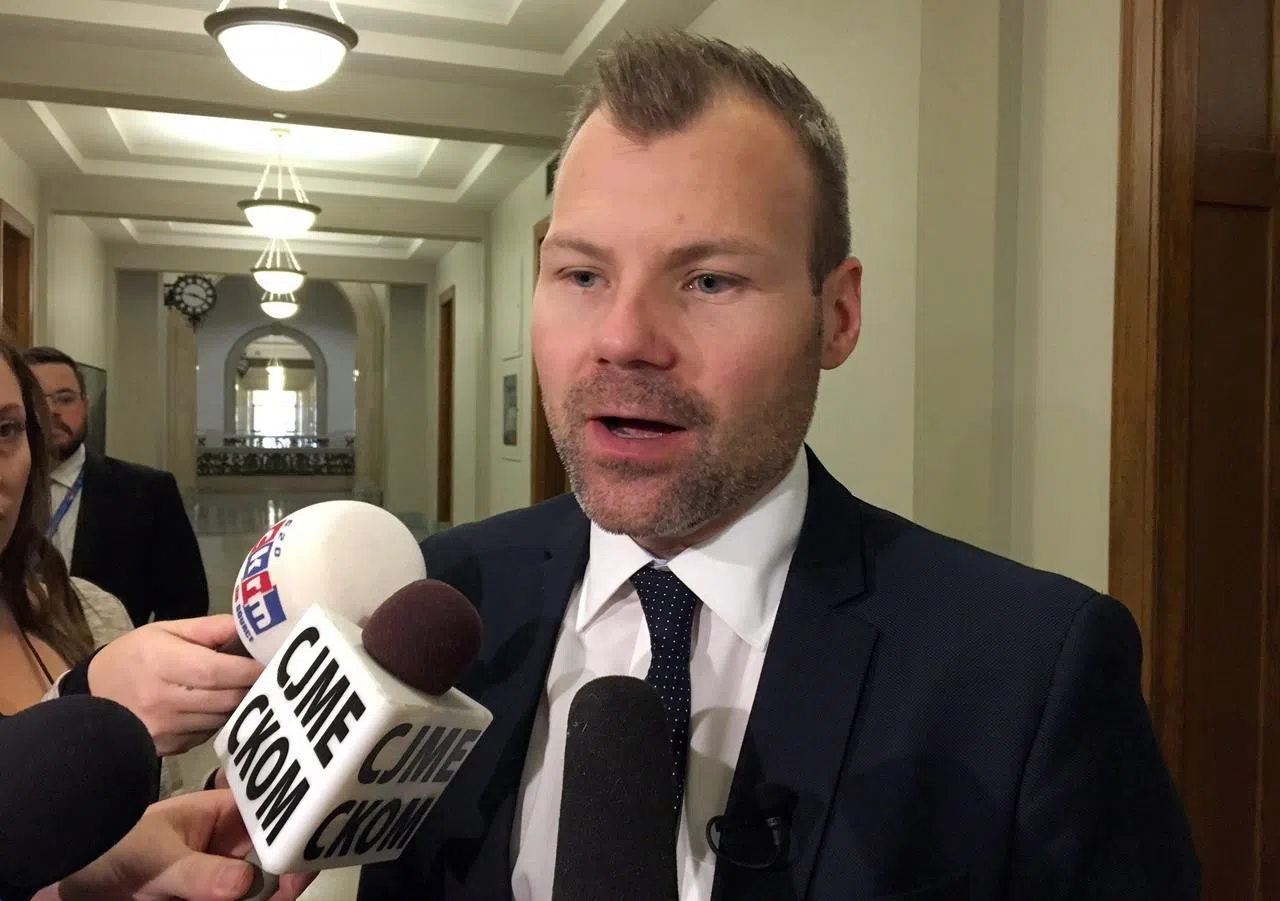
Federal carbon tax could pose costly drain on Saskatchewan economy: study
REGINA — A study commissioned by the Saskatchewan government says a federal carbon tax could potentially reduce the province’s gross domestic product by almost $16 billion between 2019 and the end of 2030.
The study says even the most conservative scenario shows a carbon tax of $50 per tonne would reduce provincial GDP by 2.43 per cent, or $1.8 billion annually.
The study used information provided by the provincial government and Statistics Canada data that was analyzed by a computer model developed by the University of Regina.
Environment Minister Dustin Duncan said the study shows a federal carbon tax could hobble growth and have little effect on emissions.


